Last year she resonated with the world the Apple case, which was about requiring consent to the collection of data for personalized advertising. It was (and still is) the fact that if the application wants to get some data from the user, it has to tell itself about it. And the user may or may not grant such consent. And even if no one likes this, Android owners will also get a similar feature.
Personal data as the new currency
Apple is known to be quite active in the area of privacy and personal data of its users. But he also had considerable problems with the introduction of the function, when after long delays he only introduced it with iOS 14.5. It's about money, of course, because big companies like Meta, but also Google itself, earn a lot of money from advertising. But Apple persevered, and now we can choose which apps we give data to and which we don't.
Simply put, a company pays another company money for which its ad is shown to users based on what interests them. The latter, of course, collects data based on his behavior in applications and the web. But if the user doesn't provide his data, the company simply doesn't have it and doesn't know what to show him. The result is that the user is shown the advertisement all the time, even with the same frequency, but the effect is completely missed, because it shows him what he is not really interested in.
The situation therefore has two sides of the coin for users as well. This will not get rid of the ad, but will be forced to look at one that is completely irrelevant. But it is definitely appropriate that he can at least decide what he likes better.
It could be interest you
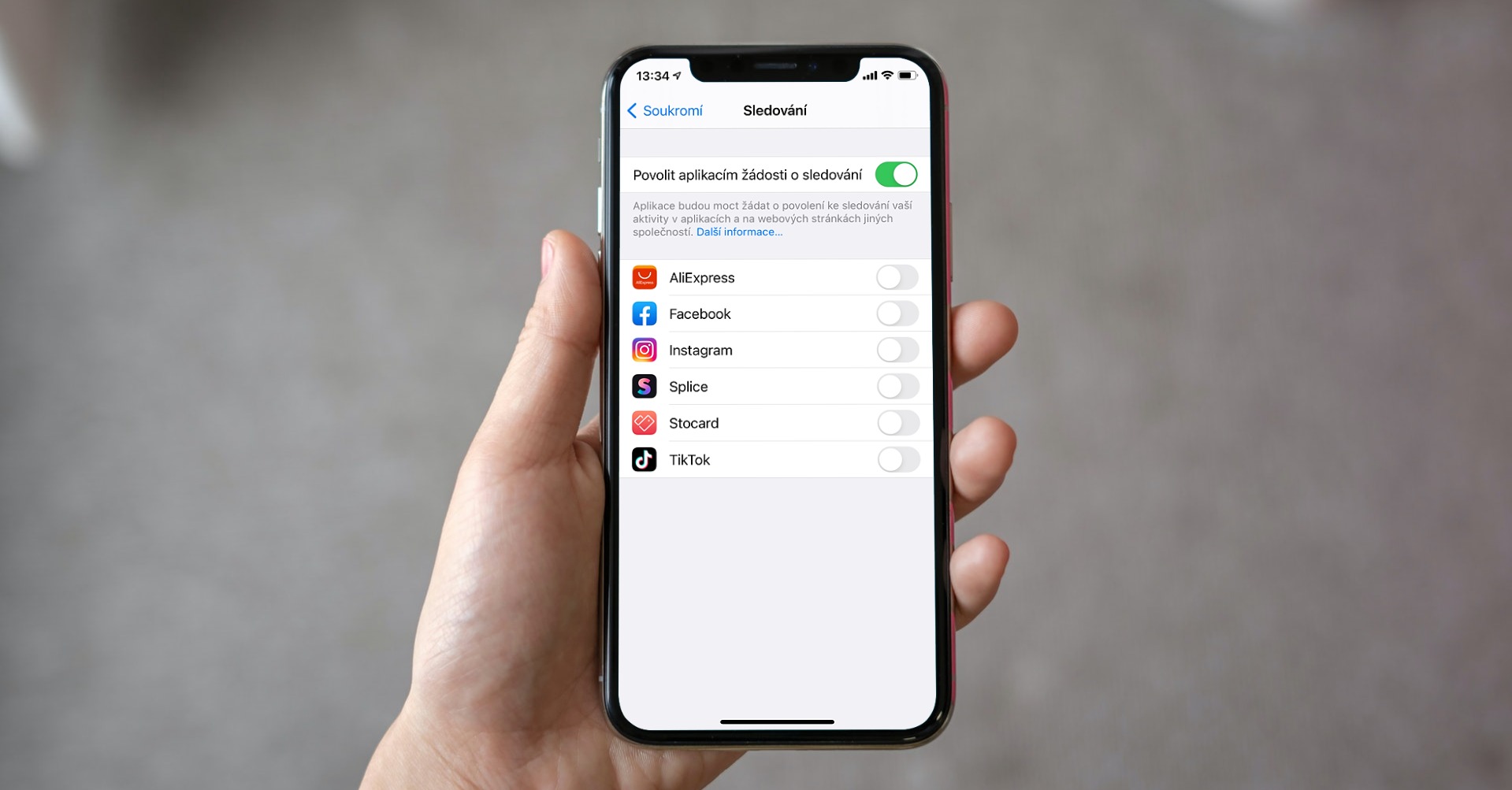
Google wants to do better
Apple gave Google a fair bit of leeway to come up with something similar, but tried to make the feature a lesser evil not only for users, but also for advertising companies and those that serve ads. The so-called privacy sandbox it will still allow users to limit the information that will be collected about them, but Google should still be able to show relevant advertising. However, he did not mention how to achieve this.
The function should not take information from cookies or Ad ID identifiers (Google Ads advertising), the data will not be traceable even with the help of the fingerprinting method. Again, Google is saying that compared to Apple and its iOS, it is more open to everyone, i.e. both users and developers and of course advertisers, as well as the entire Android platform. It doesn't try to build one over the other, which you could say Apple did in iOS 14.5 (the user clearly wins here).
It could be interest you
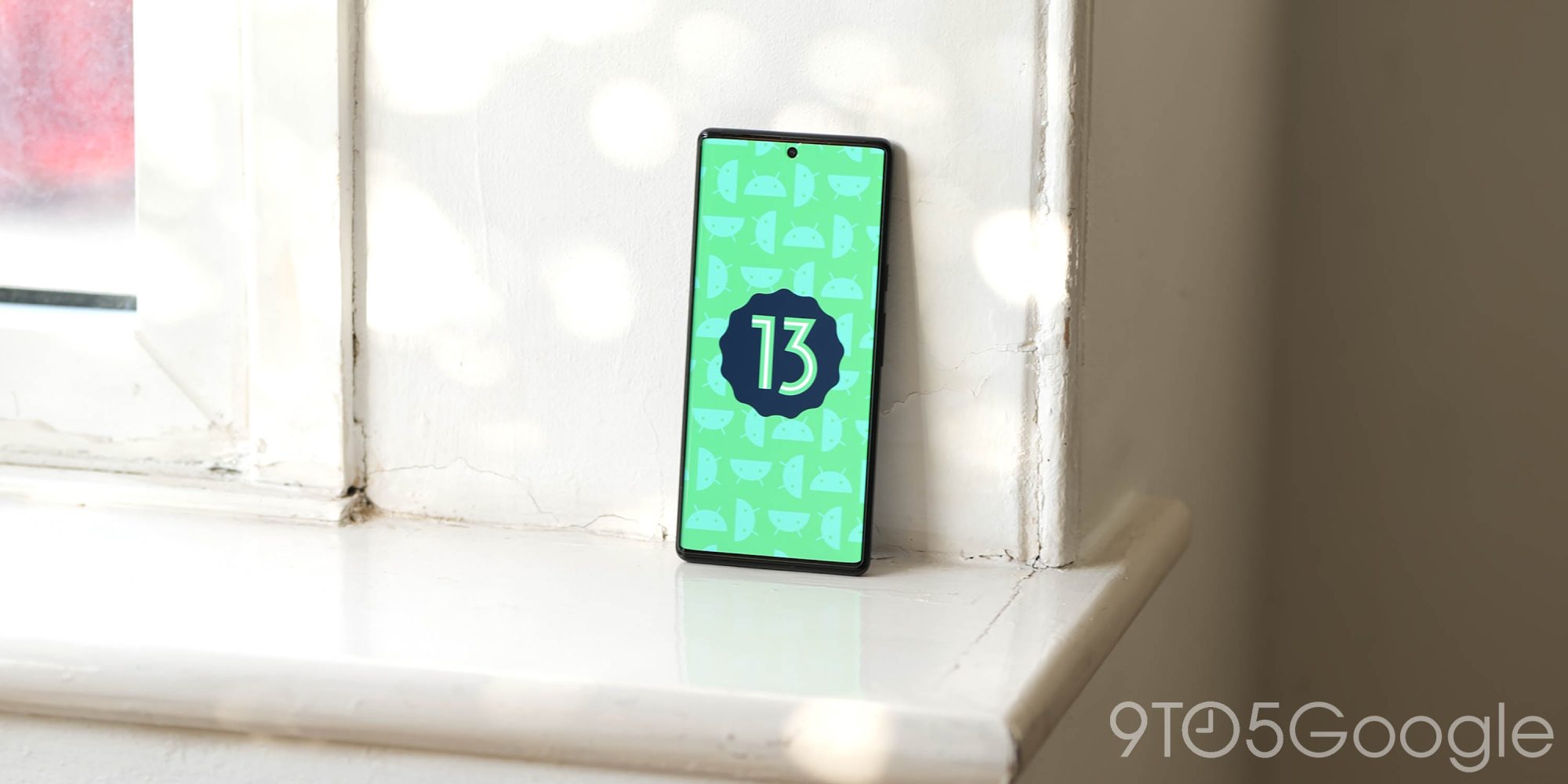
However, Google is only at the beginning of its journey, because tests must first take place, and then the system will be deployed, when it will run together with the old one (that is, the existing one). In addition, its sharp and exclusive deployment should not take place earlier than in two years. So whether you side with Apple or Google, if ads annoy you, there is no better solution than using the services of various adblockers.
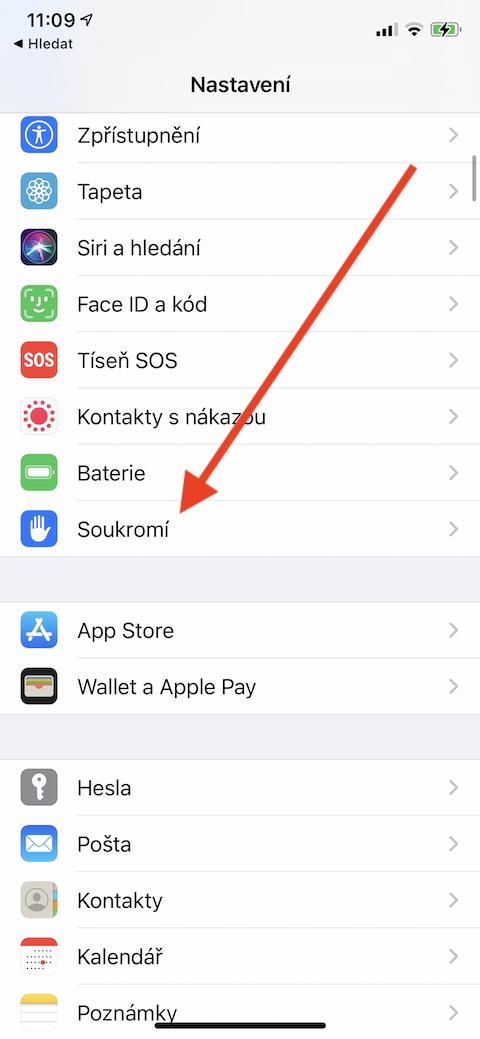
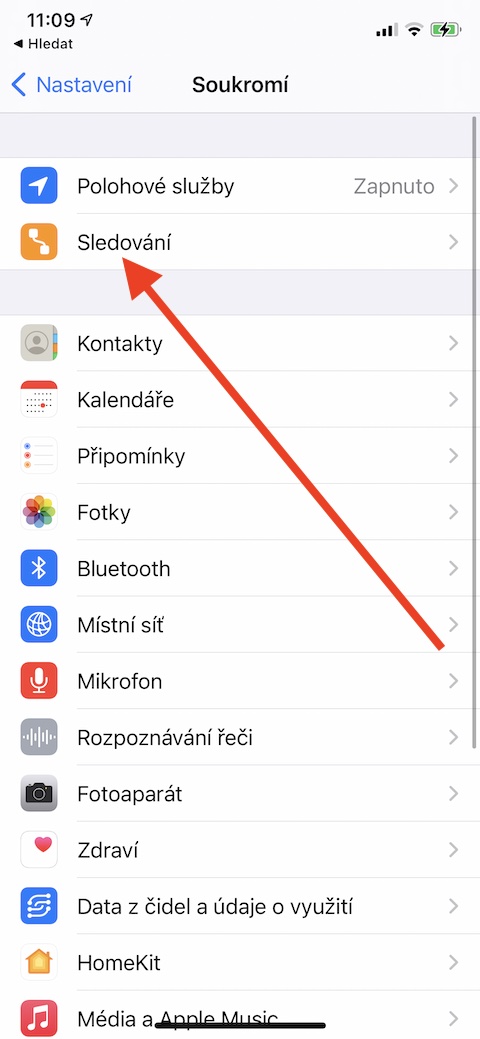
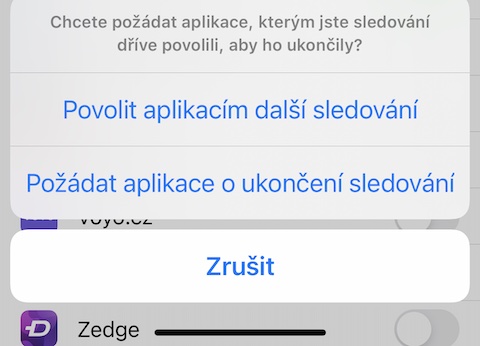
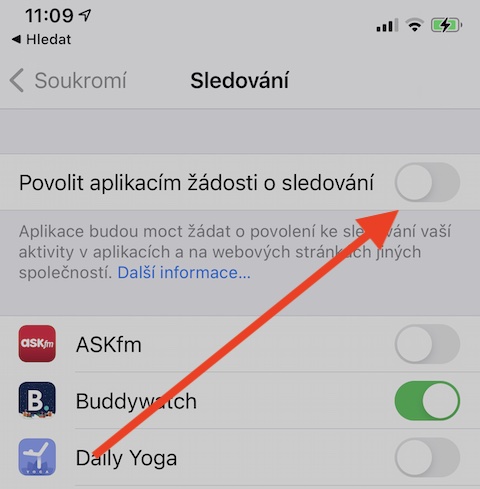
 Adam Kos
Adam Kos